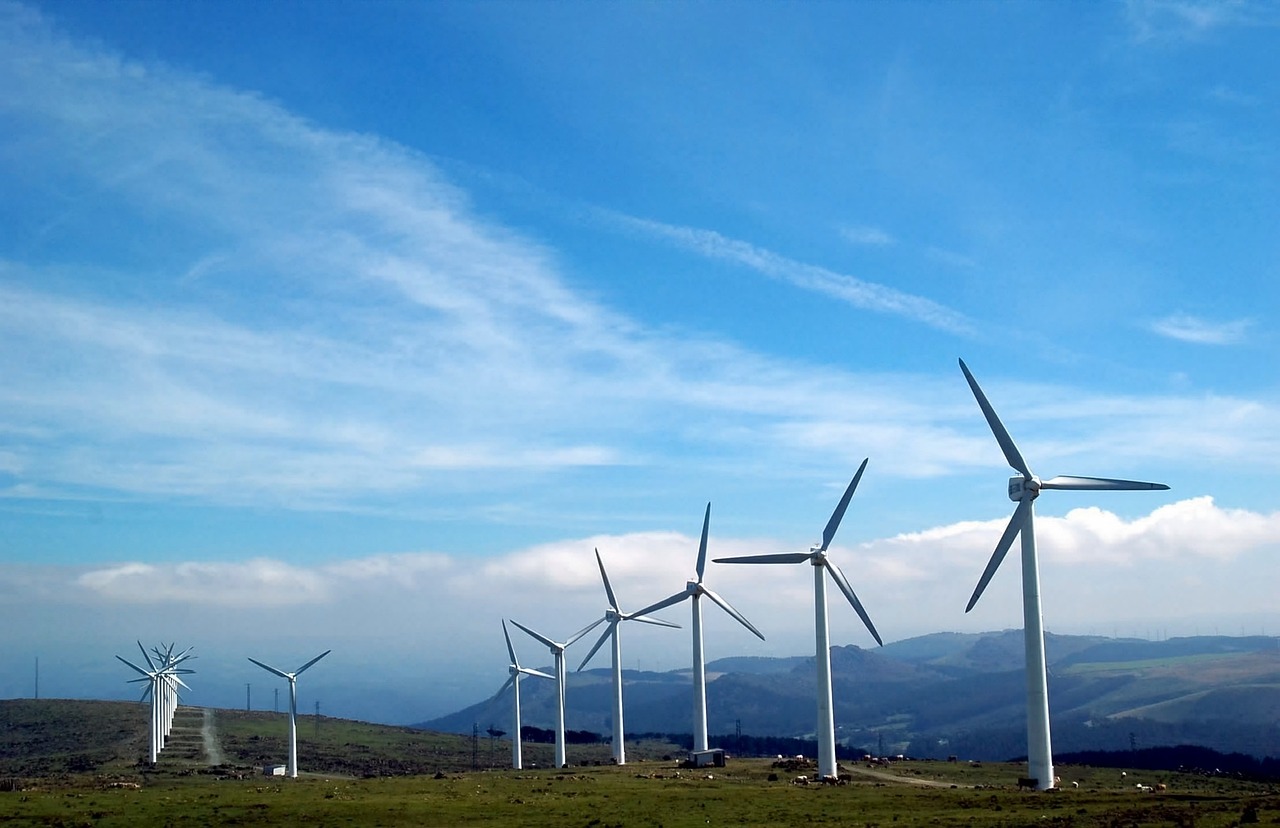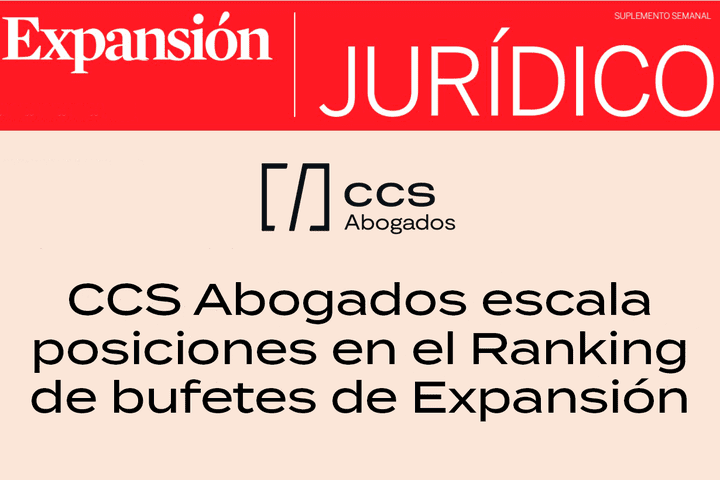A new legal battle won by the Administrative Law team at CCS Abogados, in which the Supreme Court ruled in our favor.
Since the beginning of the month, the Galician wind energy sector has been awaiting a Supreme Court ruling on the possible artificial fragmentation of a wind farm, specifically the one named Campelo by its developer, Greenalia. Now, not one ruling has been released, but two, handled by CCS Abogados, bringing the total to four in which it validates the regional processing of projects (facilities with less than 50 megawatts of capacity fall under the jurisdiction of the Xunta) in terms of their public evaluation processes, and two in which it rules out the possibility of having authorized the artificial division of the aforementioned farm.
The High Court of Justice of Galicia (TSXG) issued two rulings in 2023 annulling the authorization for the aforementioned park, after upholding administrative appeals filed by Adega and the Association Platform for the Defense of the Cantabrian Mountains, on the one hand, and by the Municipality of Coristanco, on the other. Now, the Fifth Section of the Contentious-Administrative Chamber of the Supreme Court has upheld the appeals filed by Greenalia, represented by CCS Abogados, and reversed the rulings of the Galician judges.
1. Compatibility with the CJEU's preliminary ruling
The Supreme Court confirms that it was not necessary to suspend the appeal for a preliminary ruling referred to the CJEU, as both addressed different aspects of the environmental assessment procedure: the present appeal concerns whether sectoral reports must be collected and made available to the public during the public information process; the preliminary ruling focuses on consultation with the interested public and its submission of objections to the sectoral reports.
2. Project fragmentation
The ruling of the Galician High Court of Justice (TSJ) that held that the sharing of connection infrastructure entailed an artificial fragmentation of projects is overturned. The Supreme Court concludes that the sharing of facilities responds to a regulatory requirement to minimize environmental impact, so the mere fact of sharing facilities cannot be considered to indicate an artificial division from an environmental perspective.
It is recognized that in practice, it is common for neighboring wind farms to share infrastructure, which can be beneficial both economically and in reducing environmental impact.
However, the analysis of each case must determine whether fragmentation results in less attention to environmental impact.
3. Environmental Interest of Wind Energy
The Supreme Court recognizes that the development of renewable energy responds to a public environmental interest, aligned with the EU's decarbonization goals and the Paris Agreement. This marks a shift in the traditional contrast between wind energy development and environmental protection.
4. Public Information and Sectoral Reports
The Court reaffirms its previous doctrine established in Supreme Court Ruling No. 1,768/2023, which it reiterated in Supreme Court Ruling No. 119/2024, of January 25 (Corme).






